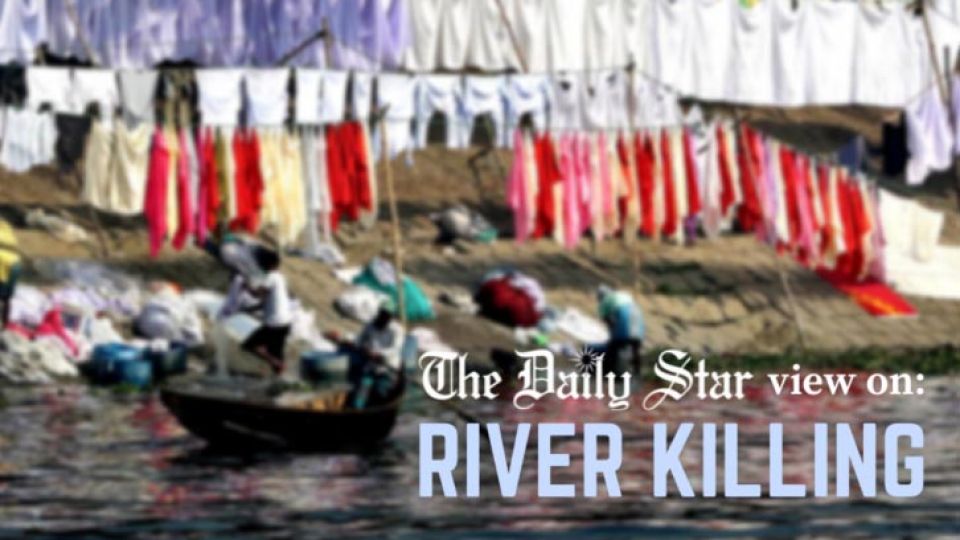June 6, 2022
DHAKA – On the World Environment Day, speakers at a roundtable discussion highlighted the grave danger we are inviting by destroying our rivers. Saber Hossain Chowdhury, chairman of the parliamentary committee on the environment ministry, rightly pointed out that our rivers wouldn’t have faced mindless grabbing and encroachment had everyone recognised them as an integral part of our development and wellbeing. This failure, unfortunately, is most glaring on part of the government.
Another speaker, Muzibur Rahman Chowdhury, a former chairman of the National River Conservation Commission (NRCC), described how he, after visiting 30 districts, had prepared a list of grabbers in which the names of powerful individuals came up. Disappointingly, nothing could be done about it as top bureaucrats were reluctant to take action. It is because of such wilful neglect that lower-level officials often feel reluctant to take action against powerful grabbers, fearing consequences, or because their hands are tied.
There are 310 rivers in the country, according to an estimate by Bangladesh Inland Water Transport Authority (BIWTA). Of them, 175 are in miserable condition, and 65 are almost dead. Moreover, 80 percent of the rivers lack proper depth. It is a shame that a country that has been blessed with so many rivers—forming the very foundation on which so many lives and livelihoods depend—has treated them so poorly. Our rivers and the many resources they provide us are among the most valuable possessions we have. Unfortunately, our failure to recognise that is leading to their fast destruction, the price of which we’re already having to pay.
It’s not like we haven’t realised this at all. Otherwise, the High Court would never have declared rivers as a living entity, and we would perhaps never have a river commission. We do have legal and structural frameworks in place. But due to the greed and short-sightedness of influential people and the inaction or apathy of government officials, those are not being put to proper use to protect the rivers.
Ultimately, it is the government that must take responsibility for this failure and it must address the challenges facing rivers. It needs to actively hold river grabbers, encroachers and their abettors in government offices accountable, and urgently empower the river commission to do its job. The government also needs to come up with a holistic plan, including negotiations with foreign governments, to address the issue of siltation and thus protect the lifeline of this nation.


